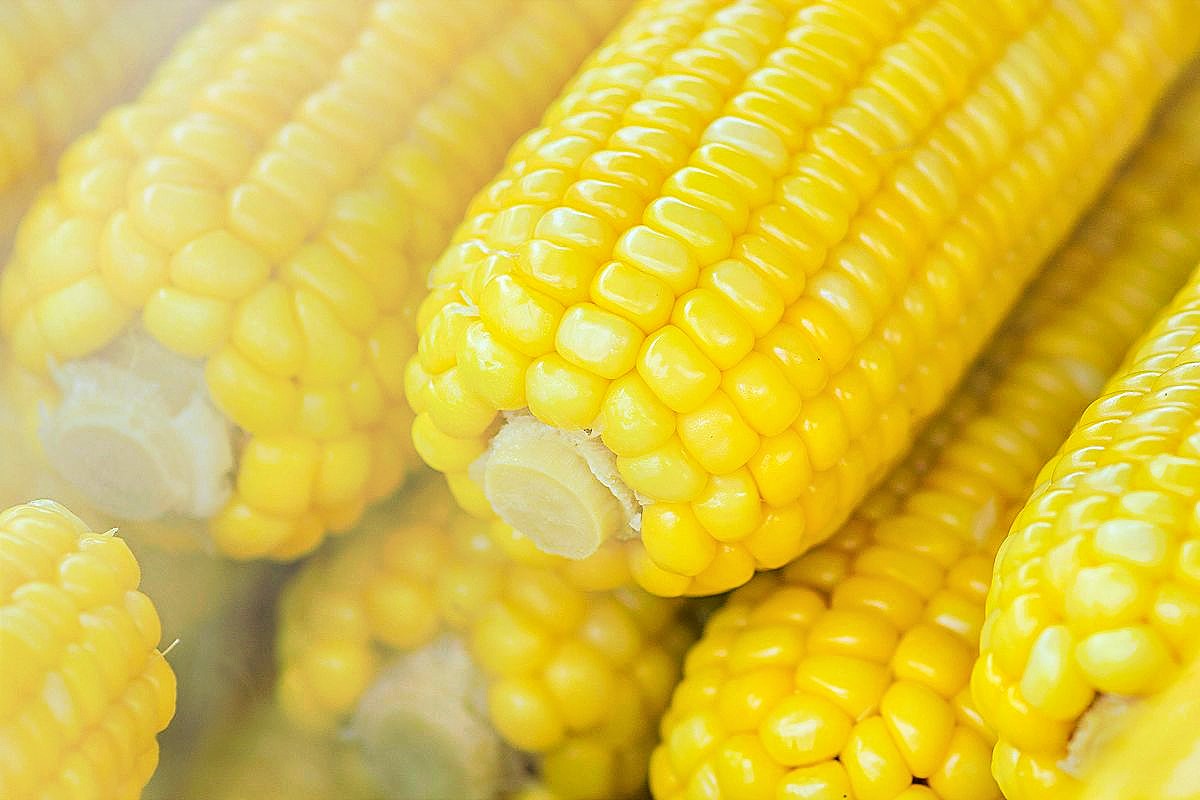In the heart of Mexico and Latin America, corn has been a staple food for thousands of years. 🌮 Yet, in recent decades, a paradoxical trend has emerged – skyrocketing rates of obesity and diabetes. 😔 How could a population that has thrived on corn for millennia suddenly succumb to these health crises? Join us as we delve into this intriguing enigma. 💪
🥗 The Ancient Corn Diet: A Paradigm of Health
For millennia, the indigenous peoples of Mexico and Central/South America have relied on corn as their primary source of sustenance. 🌽 This ancient grain formed the very foundation of their existence, providing nourishment and sustaining generations. Remarkably, during this extended period, no significant health issues arose from their corn-centric diet. 💚
The secret to their longevity and vitality lay in the traditional preparation methods and the whole-food approach to consuming corn. 👩🍳 Nixtamalization, an ancient process of soaking and cooking the corn in an alkaline solution, enhanced the bioavailability of essential nutrients like niacin, making the grain more nutritious. 🧪 Furthermore, the corn was often complemented by a diverse array of plant-based foods, including beans, squash, and various fruits and vegetables, ensuring a balanced and nutrient-dense diet. 🥑🥦
🍔 The Modern Shift: A Deluge of Processed Foods
As economic prosperity swept across these regions, a seismic shift occurred in dietary habits. 💸 With increased affluence came the allure of processed foods, sugary beverages, and fast food. 🍟 These convenience items, laden with refined carbohydrates, unhealthy fats, and additives, rapidly infiltrated the traditional corn-based cuisine. 😟
The lure of these modern indulgences was amplified by the perception of affluence and luxury associated with them. 💎 Ironically, what was once a symbol of prosperity soon became a catalyst for health decline. As these processed foods gained a foothold in the diet, they gradually replaced the nutrient-rich, whole-food staples that had sustained generations. 🍫
🥤 The Culprit: Sugar and Processed Foods
While corn itself is not inherently harmful, the true culprits behind the obesity and diabetes epidemics are the excessive consumption of sugar and highly processed foods. 🍩 These modern additions to the diet wreak havoc on the body’s insulin regulation, promoting insulin resistance and ultimately leading to weight gain and metabolic disorders. 😷
Sugar, in particular, is a formidable foe. 🍭 Whether in the form of added sugars or high-fructose corn syrup (HFCS), this sweet substance triggers a rapid spike in blood sugar levels, forcing the body to produce excessive amounts of insulin. Over time, this constant insulin onslaught leads to insulin resistance, a precursor to type 2 diabetes. 💉
Processed foods, too, contribute to the problem. 🧂 Laden with refined carbohydrates, unhealthy fats, and a myriad of additives, these convenience items lack the nutrient density and fiber found in whole, unprocessed foods. As a result, they fail to provide the body with the necessary satiety signals, leading to overconsumption and subsequent weight gain. 🥘
🏋️♀️ The Genetic Factor: A Predisposition Unveiled
Interestingly, genetics also play a role in this complex equation. 🧬 While not the root cause, certain populations may have a genetic predisposition that increases their susceptibility to developing obesity and diabetes when exposed to an unhealthy, processed diet. 🧪 This genetic factor amplifies the impact of dietary changes, exacerbating the health crisis.
Studies have shown that certain ethnic groups, including Native Americans, Hispanics, and Pacific Islanders, possess genetic variants that make them more prone to developing insulin resistance and metabolic disorders when consuming a Western-style diet rich in processed foods and sugars. 🔬 These genetic differences may stem from evolutionary adaptations to traditional diets that were low in refined carbohydrates and high in fiber and nutrient density. 🌱
🌱 The Path Forward: Embracing Tradition and Moderation
To combat this alarming trend, a return to traditional, whole-food diets rich in nutrient-dense corn, fruits, and vegetables is crucial. 🥬 Limiting the consumption of added sugars, processed foods, and unhealthy fats can help restore metabolic balance and promote overall well-being. 🍎 Additionally, embracing an active lifestyle and regular physical activity can further mitigate the risk of obesity and diabetes. 🏃♂️
However, the journey towards better health extends beyond individual choices. 🌍 It requires a collective effort to raise awareness, promote education, and advocate for policies that support access to nutritious, whole foods and encourage physical activity. Communities, governments, and organizations must collaborate to create environments that nurture healthy lifestyles, ensuring that the lessons of the past are not forgotten. 🤝
Furthermore, the preservation of traditional food preparation methods and indigenous culinary knowledge is paramount. 👵👴 By honoring the wisdom of our ancestors and adapting it to modern times, we can strike a harmonious balance between cultural heritage and contemporary nutritional needs. 🌯
As we navigate the complexities of modern dietary shifts and their health implications, let us remember the wisdom of our ancestors. 🙏 By honoring the time-tested traditions of whole-food diets and balanced lifestyles, we can reclaim our vitality and pave the way for a healthier future. 💫 It is time to break free from the shackles of processed convenience and embrace the nourishing power of nature’s bounty. 🌱
Copyright © 2025 Hea1th.net

